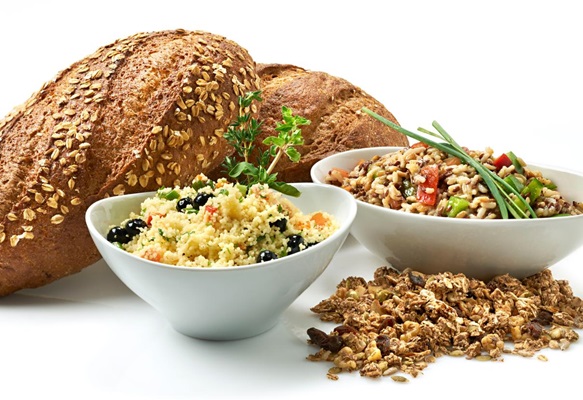The foods to avoid for better digestion are often everyday items that seem harmless but can slow your gut, trigger bloating, or cause discomfort. Digestion works best when you choose fiber-rich, nutrient-dense foods and limit those that create excess gas, inflammation, or acid. Certain processed foods, high-fat meals, artificial sweeteners, and carbonated drinks can disrupt your digestive balance. By understanding which foods interfere with gut function, you can make choices that keep your system running smoothly. The right changes can reduce discomfort, improve nutrient absorption, and support long-term digestive health without complicated diets or restrictive eating patterns.

Processed Foods – The Hidden Gut Strain
Highly processed foods often contain preservatives, artificial flavors, and low-quality fats that burden the digestive system. Items like packaged snacks, instant noodles, and processed meats offer little fiber, making it harder for food to move through the intestines. Excess sodium in these foods also leads to water retention and bloating. Frequent consumption can alter gut bacteria, weakening your digestive resilience. Choosing whole foods over processed items gives your gut more natural enzymes, better nutrient absorption, and improved regularity. Even small swaps—like fresh fruit instead of packaged sweets—help ease strain on your digestive tract.
High-Fat Meals – Slowing Digestion
High-fat meals, especially those rich in unhealthy saturated and trans fats, slow the emptying of the stomach. This delay can cause heaviness, acid reflux, and discomfort. Fried foods, creamy sauces, and fast-food burgers fall into this category. While healthy fats from sources like avocado or olive oil support digestion, greasy and fried foods do the opposite. Limiting heavy fried meals before bedtime is especially important, as lying down slows digestion even further. Swapping deep-fried dishes for baked or grilled versions reduces the digestive burden and supports smoother nutrient processing.

Dairy for Lactose-Sensitive Individuals
For those with lactose intolerance, dairy products like milk, ice cream, and certain cheeses cause bloating, cramps, and diarrhea. The body lacks enough lactase enzyme to break down lactose, leading to fermentation in the gut. Even people without severe intolerance may experience mild discomfort after large dairy servings. Alternatives like almond milk, oat milk, or lactose-free dairy offer the taste and nutrition without the digestive upset. Gradually reducing dairy intake can also help identify personal tolerance levels.
Artificial Sweeteners – Disrupting Gut Balance
Artificial sweeteners like sorbitol, sucralose, and aspartame may reduce calorie intake but can cause digestive distress. Sugar alcohols, in particular, draw water into the intestines, leading to bloating and loose stools. Some sweeteners also disrupt healthy gut bacteria balance. Limiting artificially sweetened gums, drinks, and snacks can prevent unnecessary digestive issues. Opt for natural sweeteners like honey or maple syrup in moderation for better tolerance.

Carbonated Drinks – Gas and Bloating Triggers
Carbonated drinks introduce excess air into the digestive tract, causing burping, bloating, and discomfort. Sugary sodas add to the problem by feeding gas-producing bacteria in the gut. Even sparkling water can cause bloating if consumed in large amounts. Choosing still water, herbal teas, or diluted fruit infusions keeps you hydrated without adding unnecessary gas.
Conclusion
Avoiding processed foods, high-fat meals, excess dairy, artificial sweeteners, and carbonated drinks can greatly improve digestion. Small, consistent changes in food choices lead to reduced bloating, better nutrient absorption, and long-term gut comfort. Your digestive health starts with what you leave off your plate.
